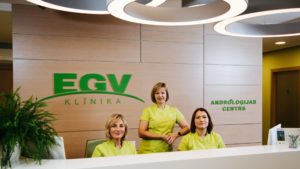Aleksander Wiecki
Aleksander is a advocate of transparency and truth about IVF treatment and patients’ experience manager. With strong expertise and background in the IVF (infertility) industry including IVF clinics and genetic laboratories Aleksander strongly believes that there is a gap between IVF patients and
clinics. This is a gap where patients may fall for the most common IVF treatment traps during their infertility journey. That’s why patients need help and support which they don’t necessary get from IVF clinics. The support which comes from an objective, trustworthy and reliable source. Aleksander is a regular guest at ESHRE annual meetings, the Fertility Show in London, the Fertility Forum, the IMTJ - Medical Travel Summit and Fertility Exhibitions and conferences around the world.



